Abercrombie’s CEO quits the company!?
An article on Huffington Post immediately lead me to think back to the research paper I worked on during my IB Diploma. The topic I explored was “To what extent do Abercrombie and Fitch’s product and promotional strategies reflect a socially responsible firm?” and elaborated on recommendations for improving A&F’s relationship with their stakeholders. (read here)

A&F’s marketing and management strategies has been controversial for many years due to conflicting moral perspectives between the ex-CEO, Michael Jeffries and the public eye, in regards to its:
– Clothing with racially and sexually offensive slogans and names which sparked boycotting activities in 2002 amongst consumers
– Discrimination against employers; “more than 90 percent of Abercrombie’s store associates were white” (Bhasin) and must comply with their “Look Policy”
– Customers favouritism and exclusion; the maximum of size of women’s top was size 10 to exclude the “plus size” customers to wear A&F clothing and the high clothing prices indicates that A&F cater only to customers with high disposable income.
My thoughts…
In spite of all the sinister strategic behaviours demonstrated by A&F, their capability of yielding an exponential sales growth and roof-raising global popularity in their “Casual Luxury” clothing has completely subverted my expectation towards the consequences of being an unethical business. This made me to question about the correlation between corporate social responsibility and short-term sales of a business, and the validity of Freeman’s stakeholder theory today. Is success simply judged by the businesses sales, market share and publicity, and should ethical leadership and social contribution be valued?
I personally believe that in order for A&F to be successful, they ought to opt to better their business ethics and create value for their stakeholders because social corporate responsibility and ethical business practices can encourage prolonged relationship with their main stakeholders; shareholders, customers, employees and community. Since retaining customers is cheaper for A&F than finding new ones, hence why value-based management is not only socially sustainable for A&F but also economically sustainable.
A&F’s proposed scheme of brand reconstruction mentioned in the article clarifies how in today’s ethics conscious society, Friedman’s stockholder theory no longer translate to the maximisation of total pool of economic and social value. Likewise, I believe that focusing merely on profits hinders the competitive advantage of A&F. Businesses, like people, will never be perfect, but, A&F being a large corporation, I urge them to implement beyond those proposed changes to set a responsible example for the smaller scale businesses to be able to learn from.
Work Cited
Bhasin, Kim. “The Man Who Made Abercrombie & Fitch Less White Just Quit.” The Huffington Post. TheHuffingtonPost.com, 10 July 2014. Web. 11 Sept. 2014. <http://www.huffingtonpost.com/2014/07/10/abercrombie-diversity_n_5574603.html>.